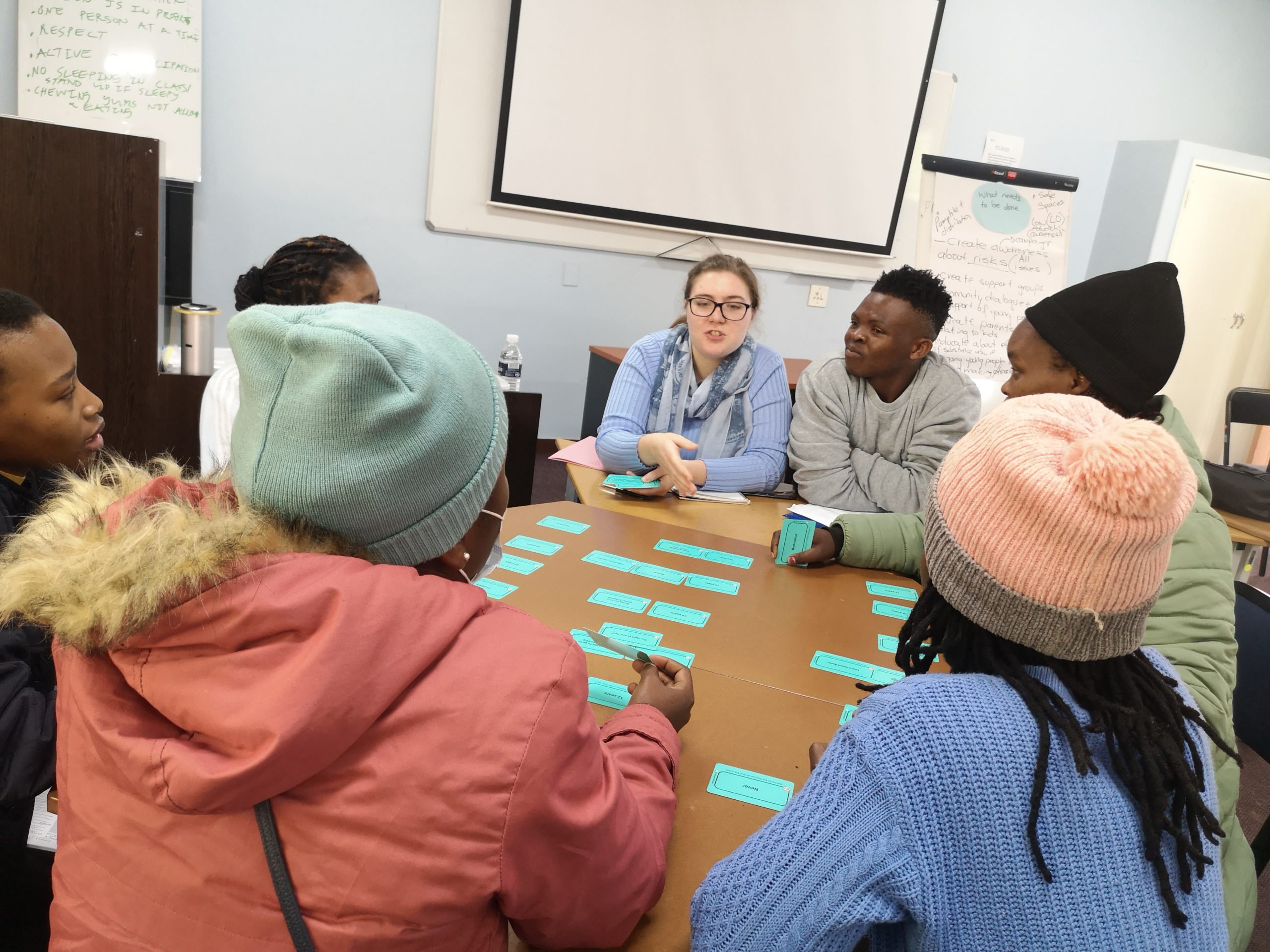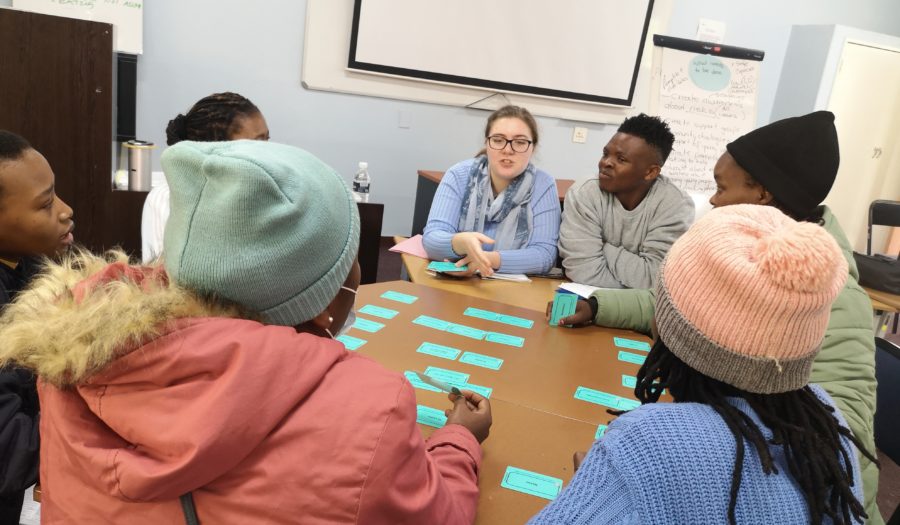Teenage pregnancy constitutes a significant public health issue worldwide because it is associated with higher medical risks for both the mother and child. It also has serious socio-economic implications. Effective prevention and management strategies require a multi-faceted approach including education, empowerment, healthcare services, community involvement, and policy support.
The management of teenage pregnancy is also a challenge. South Africa’s 2021 policy on the prevention and management of pregnancy in schools is a laudable initiative. The policy ensures that a girl’s right to education is not disrupted or ended by pregnancy or the birth of her child. However, one essential consideration the instrument is not explicit about post-care delivery. Evidence suggests that young mothers in South Africa require improved access to affordable childcare options to continue their education
Through collaboration with the relevant government departments, civil society organizations (CSOs), community leaders, and health practitioners, WBA advocates the prevention and management of teenage pregnancy. This initiative comprises advocacy training for community care workers (CCWs) on the prevention of teenage pregnancy. Also, the initiative includes an advocacy symposium on the prevention and management of teenage pregnancy involving delegates from the stakeholders who are active in the reproductive and health rights of women and girls. These initiatives have great potential to foster a healthier and more empowered generation capable of making informed decisions about their reproductive health and future aspirations. The alarming rate of teenage pregnancies in South Africa is of paramount concern to the communities due to its far-reaching implications. It negatively impacts health, social fabric, and the futures of the communities. It undermines efforts towards gender equality and women’s empowerment. It hinders progress in education and economic development, perpetuating cycles of poverty and inequality. Teenage mothers often face increased challenges in completing their education and securing stable employment. By addressing this issue collectively, communities have an opportunity to defend the well-being and future opportunities of their youth.
WBA’s Achievements in Teenage Pregnancy Prevention
WBA’s teenage pregnancy prevention initiative has achieved the following:
- Successful hosting of a hybrid symposium on Teenage Pregnancy Prevention, with the participation of 109 delegates from government departments, schools, religious organisations, and civil society organisations (CSOs).
- Advocacy training for 133 community care workers (CCWs), whose capacities were enhanced in supporting teenage pregnancy prevention in their communities.
- Development and distribution of a handbook titled “Preventing Teenage Pregnancy: A Handbook for Community Care Workers,” with printed copies shared among CSOs, community libraries in Pretoria, and an e-copy made available online.
- Engagement with 10 CSOs and community-based organisations in raising awareness and building capacity to address teenage pregnancy in their communities
WBA’s Plan for Teenage Pregnancy Prevention
WBA is advancing the initiative to:
- Train more community care workers (CCWs) to strengthen their capacity to support teenage pregnancy prevention initiatives in the communities.
- Organise more symposiums on the prevention and management of teenage pregnancy to increase discussion among relevant stakeholders towards a more sustainable solution.
- Develop and disseminate more advocacy materials and resources, including handbooks, factsheets, to support the community advocacy efforts of CCWs and stakeholders.
- Organise comprehensive sexual education (CSE) Workshop sessions at schools for adolescent boys and girls.


